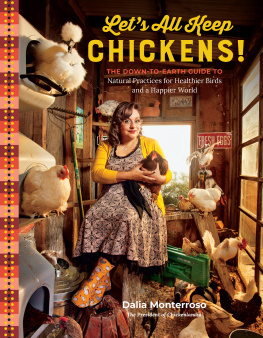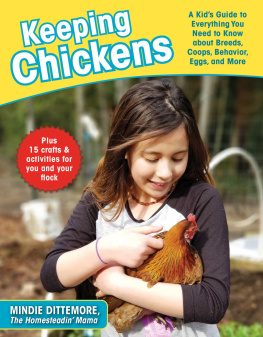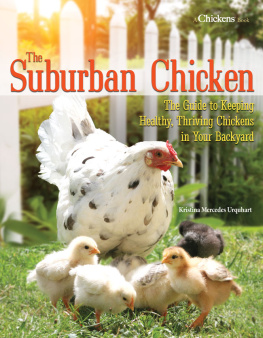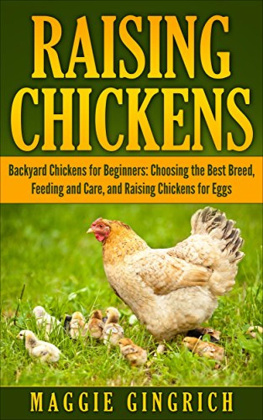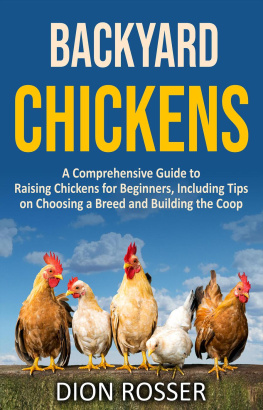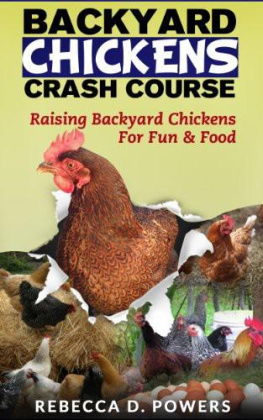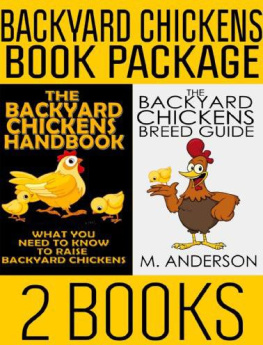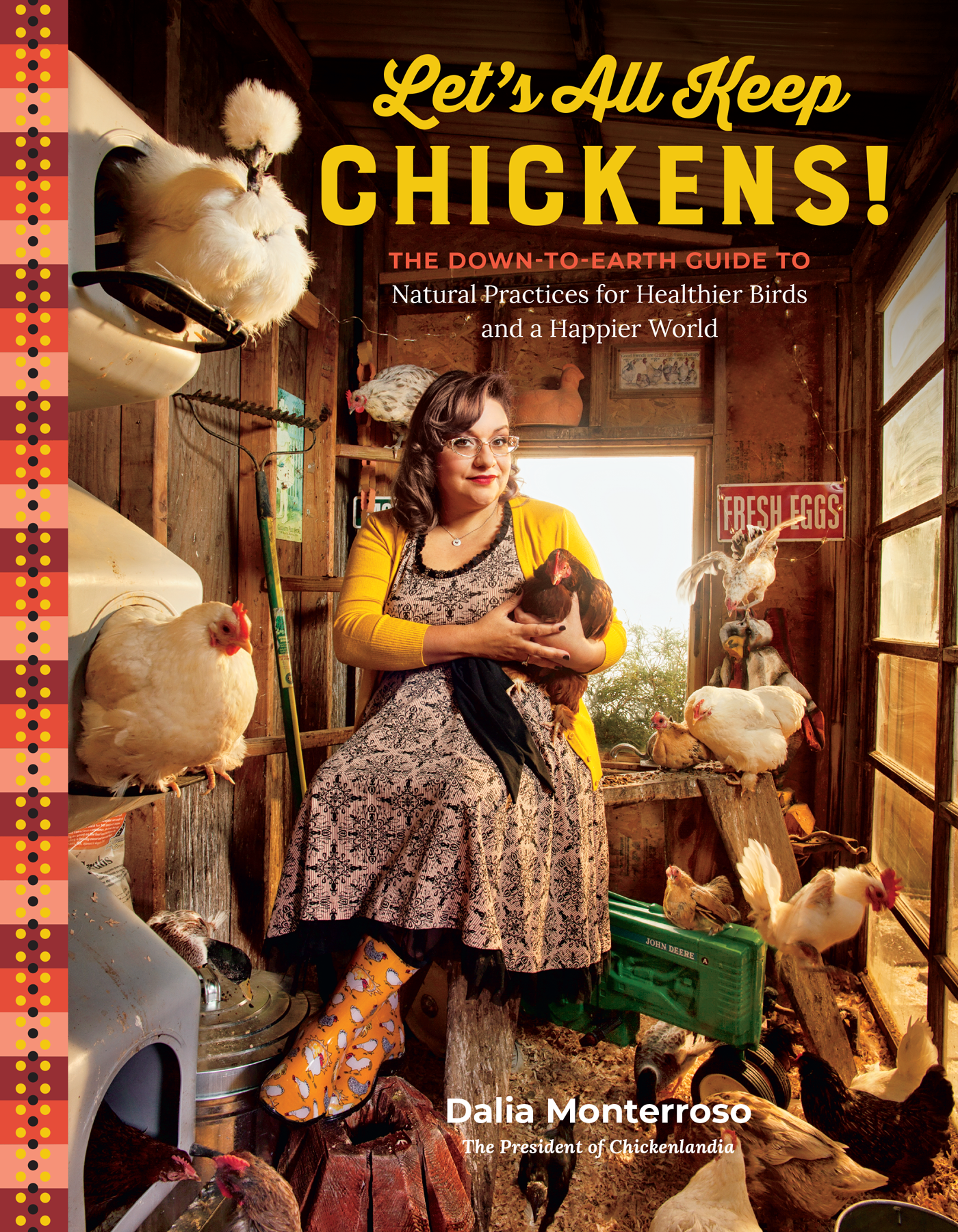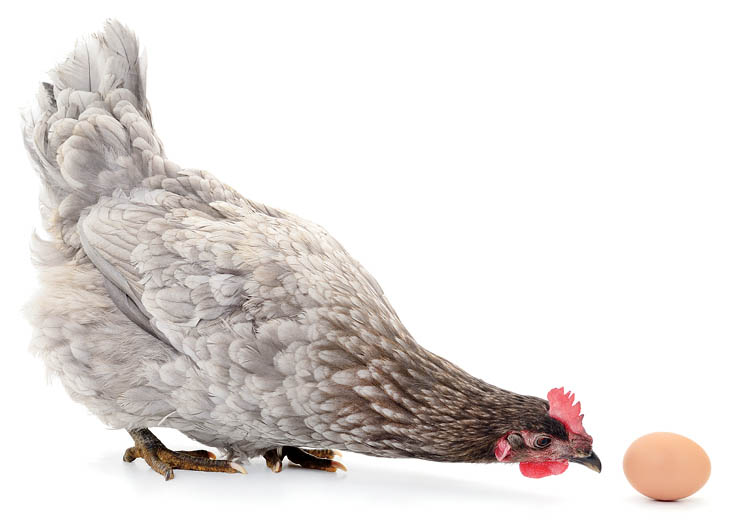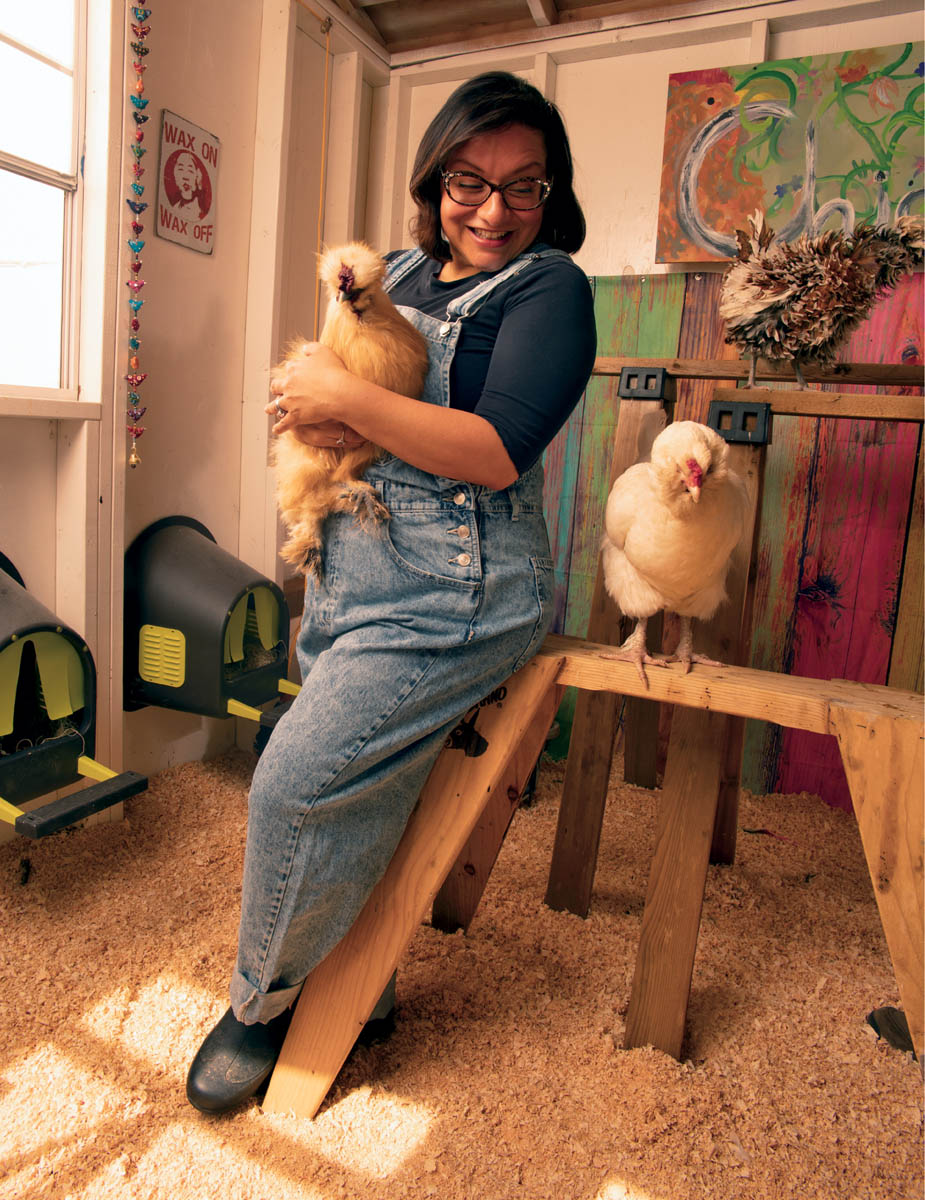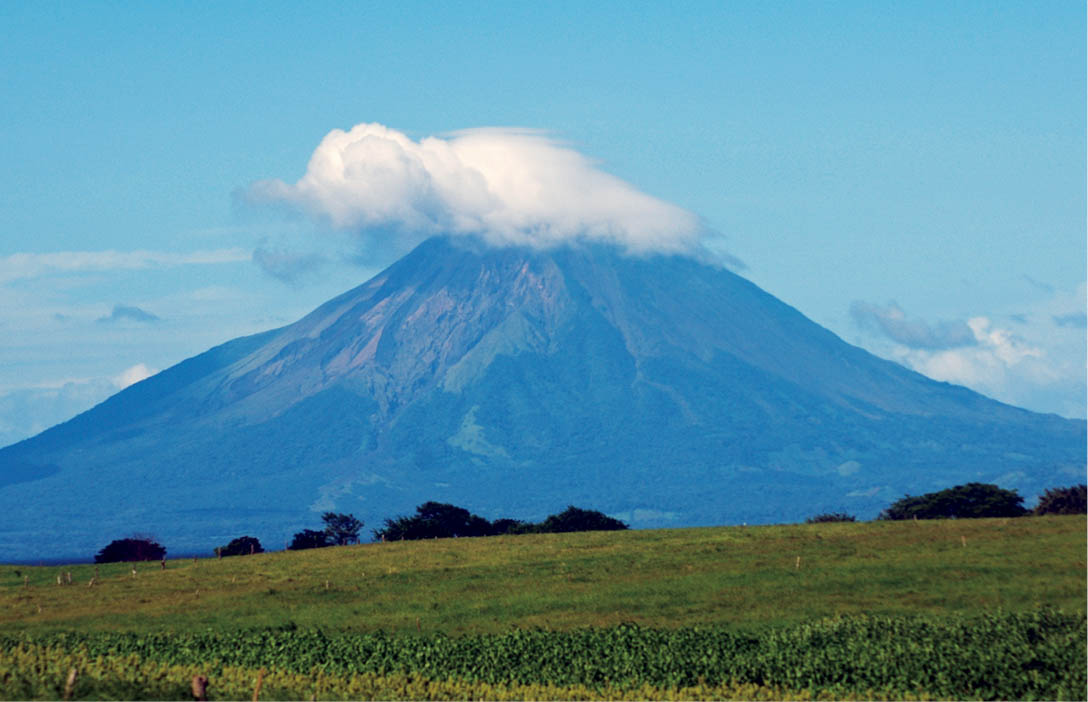To Mother and Daddy, who left the only home they knew so that someday I could find my way, in peace
The mission of Storey Publishing is to serve our customers by publishing practical information that encourages personal independence in harmony with the environment.
Edited by Deborah Burns, Hannah Fries, Sarah Guare Slattery, and Lisa H. Hiley
Art direction and book design by Alethea Morrison
Indexed by Samantha Miller
Cover and interior photography by Rick Dahms
Additional interior photography credits appear on
Illustrations by Zo Ingram
Text 2023 by Dalia Monterroso
Ebook production by HK Goldstein
Ebook version 1.0
February 28, 2023
All rights reserved. No part of this book may be reproduced without written permission from the publisher, except by a reviewer who may quote brief passages or reproduce illustrations in a review with appropriate credits; nor may any part of this book be reproduced, stored in a retrieval system, or transmitted in any form or by any meanselectronic, mechanical, photocopying, recording, or otherwithout written permission from the publisher.
The information in this book is true and complete to the best of our knowledge. All recommendations are made without guarantee on the part of the author or Storey Publishing. The author and publisher disclaim any liability in connection with the use of this information.
Storey books are available at special discounts when purchased in bulk for premiums and sales promotions as well as for fund-raising or educational use. Special editions or book excerpts can also be created to specification. For details, please send an email to .
Storey Publishing
210 MASS MoCA Way
North Adams, MA 01247
storey.com
Storey Publishing, LLC is an imprint of Workman Publishing Co., Inc., a subsidiary of Hachette Book Group, Inc., 1290 Avenue of the Americas, New York, NY 10104
ISBNs: 978-1-63586-477-9 (paper); 978-1-63586-478-6 (ebook)
Library of Congress Cataloging-in-Publication Data on file
Contents
Welcome!
When I was a kid, I never in a million years thought I would grow up to become a backyard chicken educator. Yet here I am, the self-proclaimed President of Chickenlandia. What is Chickenlandia? you ask. Well, the short answer is that its an educational resource for chicken keepers, named after my chicken yard. It includes my YouTube channel, my podcast, my blog, and my website.
Through these various forms of media, as well as in-person classes and seminars, I share my core philosophy:
- Chickens have an innate ability to thrive with very little overhead, and humans have an innate ability to care for them.
- We dont need to purchase the most expensive feed or equipment to be good chicken keepers.
- If we can learn to raise chickens in a sustainable and inclusive way, we can actually change the world.
As for the full story of Chickenlandia, which shaped my philosophy on chicken keeping and is why I decided to write this how-to book, it actually began so long ago that I wasnt even there. In fact, I wasnt even born yet. You might be surprised to learn that the first glimmer of Chickenlandia began several decades ago in another land, at the foot of a magnificent volcano called Chingo.
Straddling the border of Guatemala and El Salvador lies sleepy Chingo. With its smoky, deep jungle, Volcn Chingo is the breathtaking backdrop of a small and picturesque town called Jerez (pronounced hair-EZ). In the mid-1900s, my maternal great-grandparents were fortunate enough to own land in Jerez, which was at that time a remote village you could get to only by traveling through the mountains on horseback. My great-grandfather Alberto worked their land in Chingos rolling foothills. Its rich and fertile soil brought forth corn, beans, squash, and delicious tropical fruits. My great-grandmother Maria was in charge of caring for the animals. It is my delight to tell you that she, of course, raised chickens.
Volcn Chingo, near Jerez, Guatelama, where my maternal great-grandparents lived
In Guatemala, during Maria and Albertos time, there were no large mills producing massive amounts of chicken feed. There were no prefabricated coops shipped across oceans or industrial farms crowding 10 birds in 4-by-4 cages. Back then, in Jerez, there were the people and their chickens, caring for each other in a perfect symbiotic relationship. When Maria and her family finished their traditional meals, they threw all that wasnt consumed to the flock. The rest of their chickens diet consisted of what the chickens could find. Chickens back then pecked and scratched exactly as they do now, continuously searching for insects and foliage. At night, they slept in a tree. It worked.
Lets fast-forward to 2011, when I brought home my first batch of baby chicks and fell swiftly in love. As any good chicken parent would do, I leaned into all the current books and blogs I could find in an effort to ensure their optimal health and happiness. I learned about what chicken feed is best, what to look for in a coop, and how to protect my birds from lurking predators.
My enthusiasm for my flock was so profound that eventually I was asked to teach a class on backyard chicken keeping at our local community college. That experience paved the way to other classes and seminars, my own website and blog, and my persona as the President of Chickenlandia on the Welcome to Chickenlandia YouTube channel and other social media. I never planned to become a backyard chicken educator, but my passion for it turned out to be limitless. It still is.
In 2017, I delivered a TEDx Talk at Western Washington University called I Dream of Chickens. The talk focused on how we can use our relationship with chickens to better understand each other as human beings. When I was doing research for my talk, I learned a great deal about the traditional ways in which chickens have been and are being raised across the globe. I hadnt touched on these practices in my classes or seminars, but I found them fascinating, valid, and important to know about. The most notable thing I realized is how often humans have persisted through severe conditions with the assistance of the incredibly adaptable chicken. Through war, famine, and other hardships, chickens have not only been by our side, but have also played a critical role in helping us to endure it all. Its been a beneficial relationship that is as captivating as it is heartwarming.
To be honest, at the time, the traditional ways of keeping chickens seemed like a whimsical dream to me. Of course, I respected these practices and was curious about them, just as I am curious about all ancestral ways, but they just didnt seem relevant to me or my students. Since Ive always referred to my chickens as beloved family pets, I thought the only way to care for them properly was to spend a lot of money. I had accepted the fact that I needed to have a certain level of income to be a good chicken keeper. I didnt understand that I could embrace a more sustainable and inclusive way of keeping chickens while also cherishing them as much as I do.

